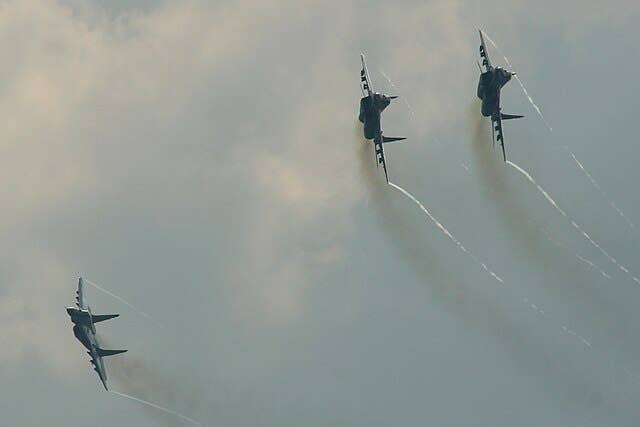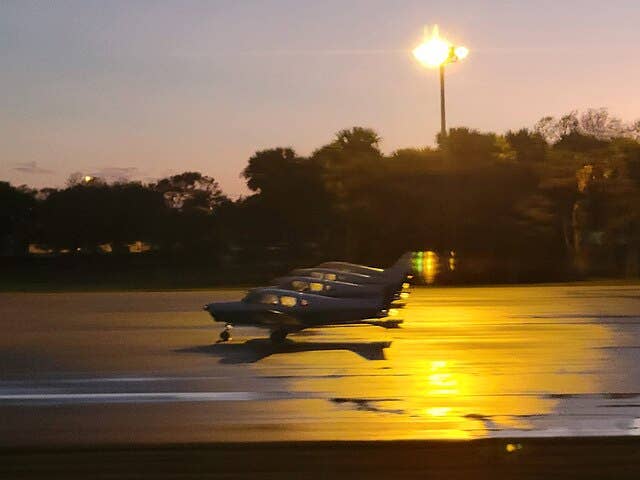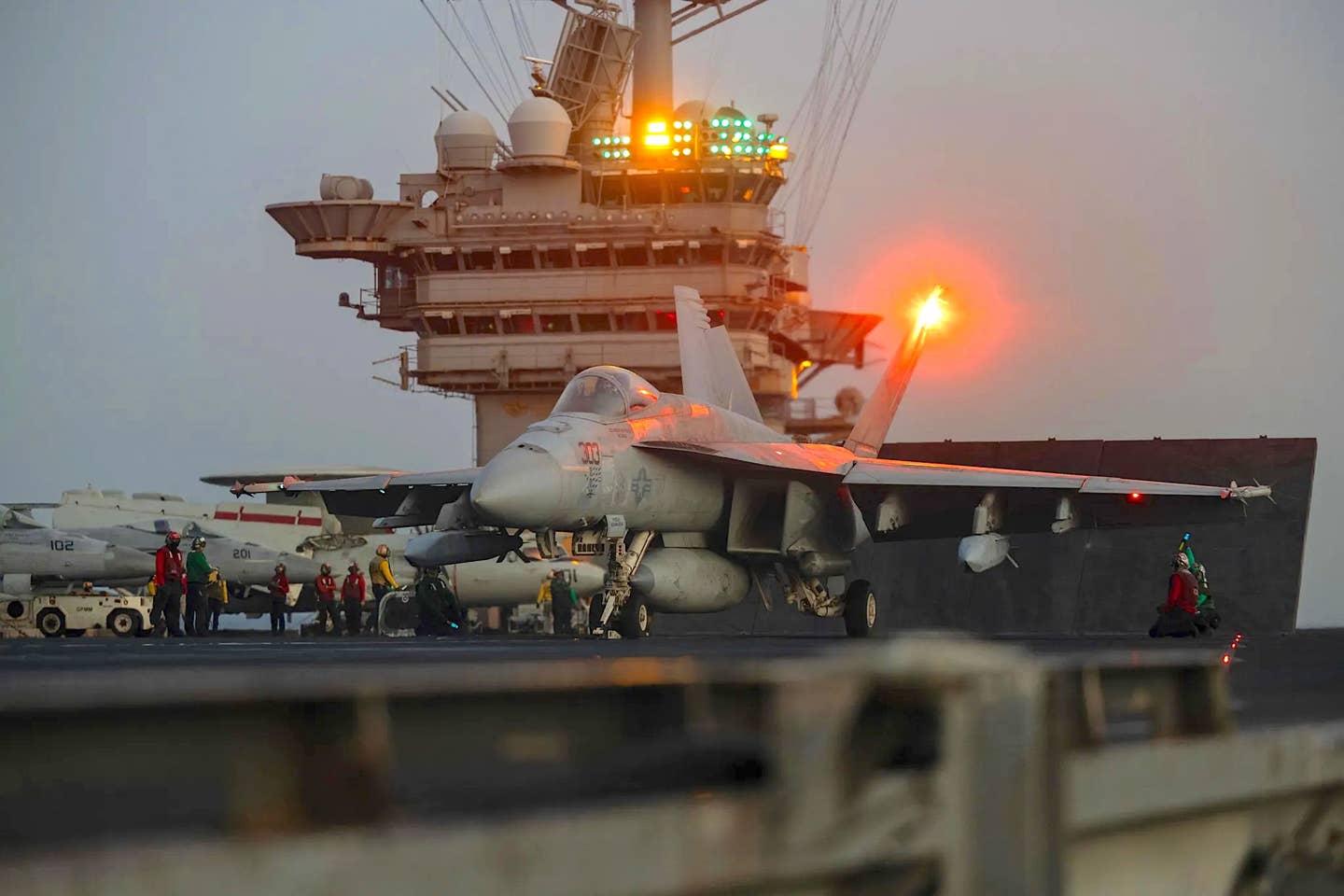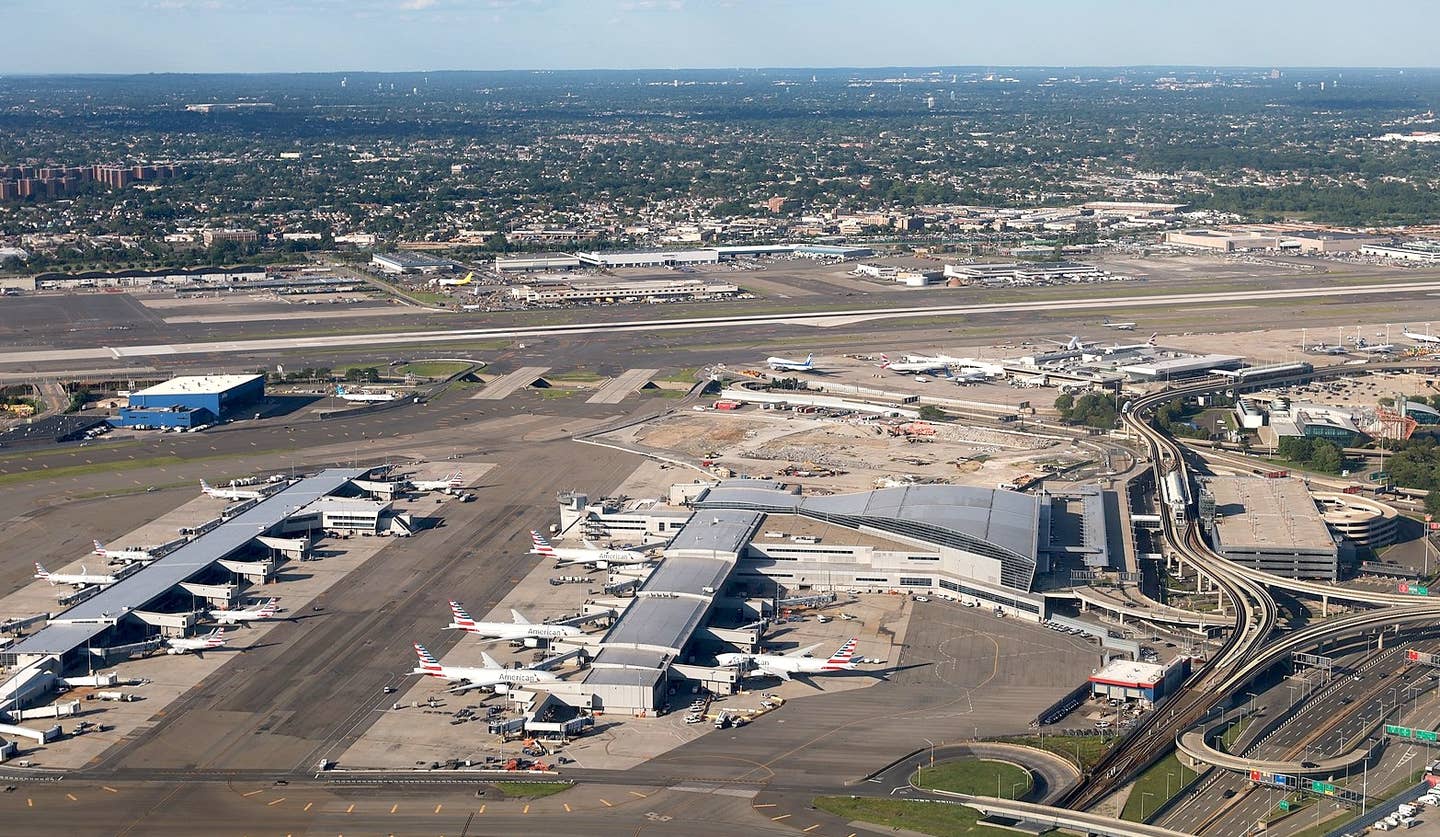Blocked ILS Signals Prompt Whistleblower Complaint
The FAA is apparently resisting moving a localizer at Detroit Metro Airport whose signals are sometimes blocked by taxiing aircraft. According to WXYZ, an air traffic controller at the airport…
The FAA is apparently resisting moving a localizer at Detroit Metro Airport whose signals are sometimes blocked by taxiing aircraft. According to WXYZ, an air traffic controller at the airport filed a whistleblower complaint after he and fellow controllers, as well as pilots who suddenly lost the signal on final, were ignored by the agency. Vince Sugent finally filed the official complaint with the Office of Special Counsel after the FAA said it deemed the sporadic signal interruptions an “acceptable risk.” Sugent said in his complaint that by continuing to use the problematic ILS approach, the “FAA has prioritized airport efficiency and capacity over the safety of the flying public.” The Office of Special Counsel agreed and sent the issue to the executive branch.
The localizer for the ILS Y Approach for 22R at Metro is offset and aircraft clearing the runway taxi past it. That can block the signal to following aircraft and it’s knocked flights off course and caused plenty of irritation with those in the cab and in the cockpit. According to the report, the agency stopped using the Y Approach for a few years but resumed in 2018.






